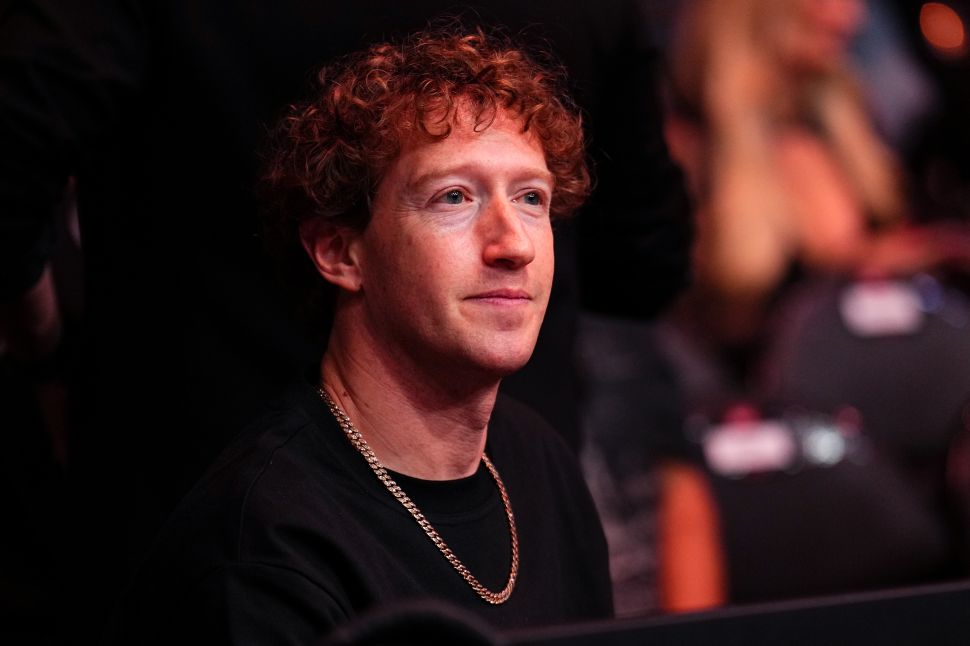In 2022, Mark Zuckerberg had what he described as a “crazy idea.” Facebook, once monarch of the social media era, was losing cultural relevance. Zuckerberg’s solution? Delete everyone’s Facebook friends and force users to engage with the app to rebuild their network.
Although it never came to fruition, the strategy was revealed yesterday (April 14) during the first day of an ongoing antitrust trial against Meta, the parent company of Facebook, Instagram (META) and WhatsApp. The case, brought by the Federal Trade Commission (FTC), argues that Meta’s acquisitions of Instagram for $1 billion in 2012 and WhatsApp for $19 billion in 2014 amounted to an illegal monopoly over the social media market.
“Option 1. Double down on Friending,” wrote Zuckerberg in a 2022 email to Meta executives. “One potentially crazy idea is to consider wiping everyone’s graphs and having them start again,” he added. Zuckerberg’s strategy of wiping “graphs,” or a user’s network of social contacts, reportedly could have taken place on an annual basis.
The idea wasn’t particularly well-received by top Meta executives like Tom Alison, the head of Facebook, who pointed out that Zuckerberg’s strategy could undermine Instagram’s reliance on a user’s Facebook friends network. “I’m not sure Option #1 in your proposal (Double-down on Friending) would be viable given my understanding of how vital the friend use case is to IG,” responded the executive. Zuckerberg followed up by continuing to brainstorm, asking whether it could be possible to overhaul Facebook’s friend-based model entirely in favor of a follower-based model.
Zuckerberg’s vision didn’t pan out, but it underscores the extent to which Meta was willing to adapt in order to stay competitive—something the FTC is now trying to demonstrate in court by citing a trove of old emails from Zuckerberg, including a 2012 message in which the billionaire admitted that “Instagram was growing so much faster than us that we had to buy them for $1 billion.”
The crux of the FTC’s argument is that Meta, through its acquisitions of Instagram and WhatsApp, employed a “bury or buy” strategy to preserve its dominance in the social media industry. The agency initially sued Meta in 2020 in a federal case in Washington, D.C., which was later dismissed and refiled with an amended complaint the following year.
The trial is expected to last up to two months and will be decided by U.S. District Judge James Boasberg. If the FTC prevails, Meta could be forced to divest Instagram and WhatsApp—a move that would carry major consequences for the tech giant.
Instagram has become an increasingly lucrative division of Meta in recent years, with the photo and video-sharing app accounting for 27 percent of Meta’s revenue in 2021. This year, Instagram is expected to represent more than half of Meta’s U.S. advertising revenue by generating $32 billion throughout the year, according to the market research firm eMarketer.
Meta, for its part, claims that the FTC’s argument rests upon a vision of the social media landscape that is no longer accurate. The agency has “gerrymandered a fictitious market” that unfairly paints Meta as a monopoly and omits powerful rivals, noted the company in a recent blog post. “The evidence will show what every 17-year-old in the world knows: Instagram competes with TikTok (and Youtube and X and many other apps),” added Meta.

